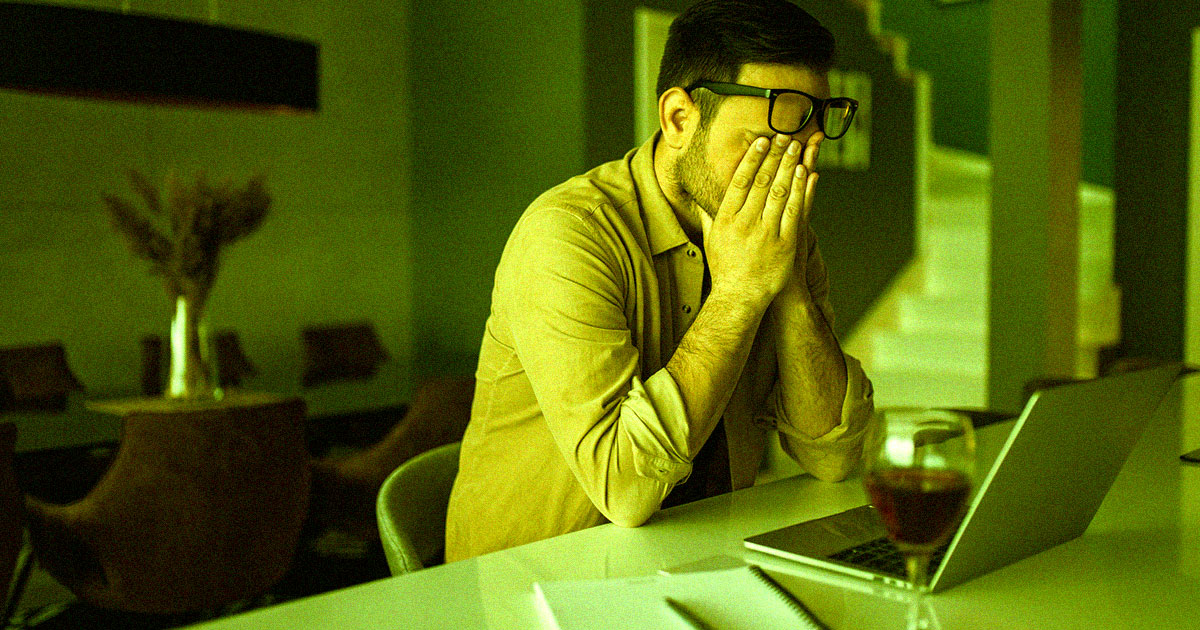A biologist was shocked to find his name was mentioned several times in a scientific paper, which references papers that simply don’t exist.
Brandolini’s law, aka the “bullshit asymmetry principle” : the amount of energy needed to refute bullshit is an order of magnitude bigger than that needed to produce it.
Unfortunately, with the advent of large language models like ChatGPT, the quantity of bullshit being produced is accelerating and is already outpacing the ability to refute it.
I’m curious to see if AI tech can actually help fight some of the bullshit out there someday. I agree that current AI is only making it easier to produce bullshit, but I think with some advances it could be used to parse a long-winded batch of bullshit, and summarize it, maybe with bullet points about how the source material is wrong. If they can make an AI as confident as chatgpt, but without as much of the “makes stuff up left and right” it could be useful.
THEN we just have to worry about who owns the AI that parses and summarizes the info we take in, and what kind of biases they’ve baked into the tech…
I’m curious to see if AI tech can actually help fight some of the bullshit out there someday.
It is one of the most difficult problems on earth: to decide between lie or truth.
And then think about the fine line when detecting irony, half-irony or other forms of humoristic non-truth.
I’m curious to see if AI tech can actually help fight some of the bullshit out there
Those AI are the best ones to produce fake scientific papers. It’s a cat and mouse game again. Those who can detect bullshit can produce the best bullshit.
Stupid question: Why can’t journals just mandate an actual URL link to a study on the last page, or the exact issue something was printed in? Surely both of those would be easily confirmable, and both would be easy for a scientist using “real” sources to source (since they must have access to it themselves already).
Like, it feels silly to me that high school teachers require this sort of thing, yet scientific journals do not?
Because scientific journals exist to profit off science, not bolster it. Fact checking costs money so they do the bare minimum they deem necessary to preserve their reputation.
It’s always greed
Many of the journals I’ve published in do require a link, usually a PMID or DOI, but they’re not usually part of the review process. That is, one doesn’t expect academic content reviewers to validate each of the citations, but it’s not unreasonable to imagine a journal having an automated validator. The review process really isn’t structured to detect fraud. It looks like the article in question was in the preprint stage - i.e.: not even reviewed yet - and I didn’t notice mention of where they were submitted.
Message here should be that the process works and the fake article never got published. Very different than the periodic stories about someone who submits a blatantly fake, but hand written, article to a bullshit journal and gets published.
Well that used to be a thing called a bibliography but it appears that these journals don’t require such. Funny when even my old 7gr essays required those
Of course they do. How do you think fake references were included if references were not needed?
Citing sources by name rather than providing full links/ISBN’s/etc?
Ah! “Bibliography” is an ambiguous term.
As the linked article says, one measure that journals are starting to adopt is requiring DOI or PMID links for each reference. It ought to be standard anyway, it’s much less work for reviewers to check the references if they’re easy to find. Even if they exist, they often don’t say what the authors cite them as saying. But journals don’t pay anyone for checking these things so it often doesn’t get done. Peer review needs to be paid for. For-profit journals need to die.
Yeah that’s fair. Since Covid I’ve noticed that a bunch of the more vocal opponents online liked to pick actual scientific articles and quote small sections way out of context in order to support their “view”. It’s like using scientific articles for anti-science. That pull that shit repeatedly and piss people off, then report anyone who gets a bit to loud in their response. Seems a whole playbook these days
Assuming this is carelessness, this just goes to show that working in academia isn’t an indicator of critical thinking skills IMO
Honestly, I bet he has the skills, he just didn’t use them because he didn’t care, or is overworked, or for whatever reason.
A lot of people don’t understand the limitations/weaknesses of AI. The carelessness was probably more in not actually learning about the tool he was relying on (and just assuming it was reliable information).
You make a valid point, and there are certainly more considerations than my original reply would lead one to believe. Cheers.









